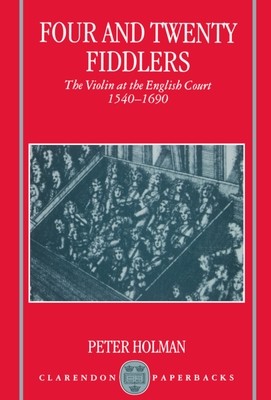
- We will send in 10–14 business days.
- Author: Warren Darcy
- Publisher: Clarendon Press
- ISBN-10: 0198166036
- ISBN-13: 9780198166030
- Format: 15.7 x 23.4 x 1.7 cm, softcover
- Language: English
- SAVE -10% with code: EXTRA
Reviews
Description
Richard Wagner's opera Das Rheingold is a milestone in the composer's output and in the history of music in general. It marked Wagner's return to operatic composition after a hiatus of five years, and signified his definitive break with earlier operatic conventions. It also represents a reconsideration of the whole question of dramatic-musical form, and the role of tonality in articulating this form. Warren Darcy traces here the genesis of Das Rheingold through the various textual and musical sketches and drafts to the full score, and also develops a theoretical framework within which the opera may be meaningfully analyzed. Using Wagner's manuscripts as a point of departure, Darcy discusses the formal, harmonic, and linear structure of the work. In so doing, he challenges a number of contemporary views about the opera, esppecially those of Carl Dahlhaus.
EXTRA 10 % discount with code: EXTRA
The promotion ends in 18d.01:47:58
The discount code is valid when purchasing from 10 €. Discounts do not stack.
- Author: Warren Darcy
- Publisher: Clarendon Press
- ISBN-10: 0198166036
- ISBN-13: 9780198166030
- Format: 15.7 x 23.4 x 1.7 cm, softcover
- Language: English English
Richard Wagner's opera Das Rheingold is a milestone in the composer's output and in the history of music in general. It marked Wagner's return to operatic composition after a hiatus of five years, and signified his definitive break with earlier operatic conventions. It also represents a reconsideration of the whole question of dramatic-musical form, and the role of tonality in articulating this form. Warren Darcy traces here the genesis of Das Rheingold through the various textual and musical sketches and drafts to the full score, and also develops a theoretical framework within which the opera may be meaningfully analyzed. Using Wagner's manuscripts as a point of departure, Darcy discusses the formal, harmonic, and linear structure of the work. In so doing, he challenges a number of contemporary views about the opera, esppecially those of Carl Dahlhaus.


Reviews